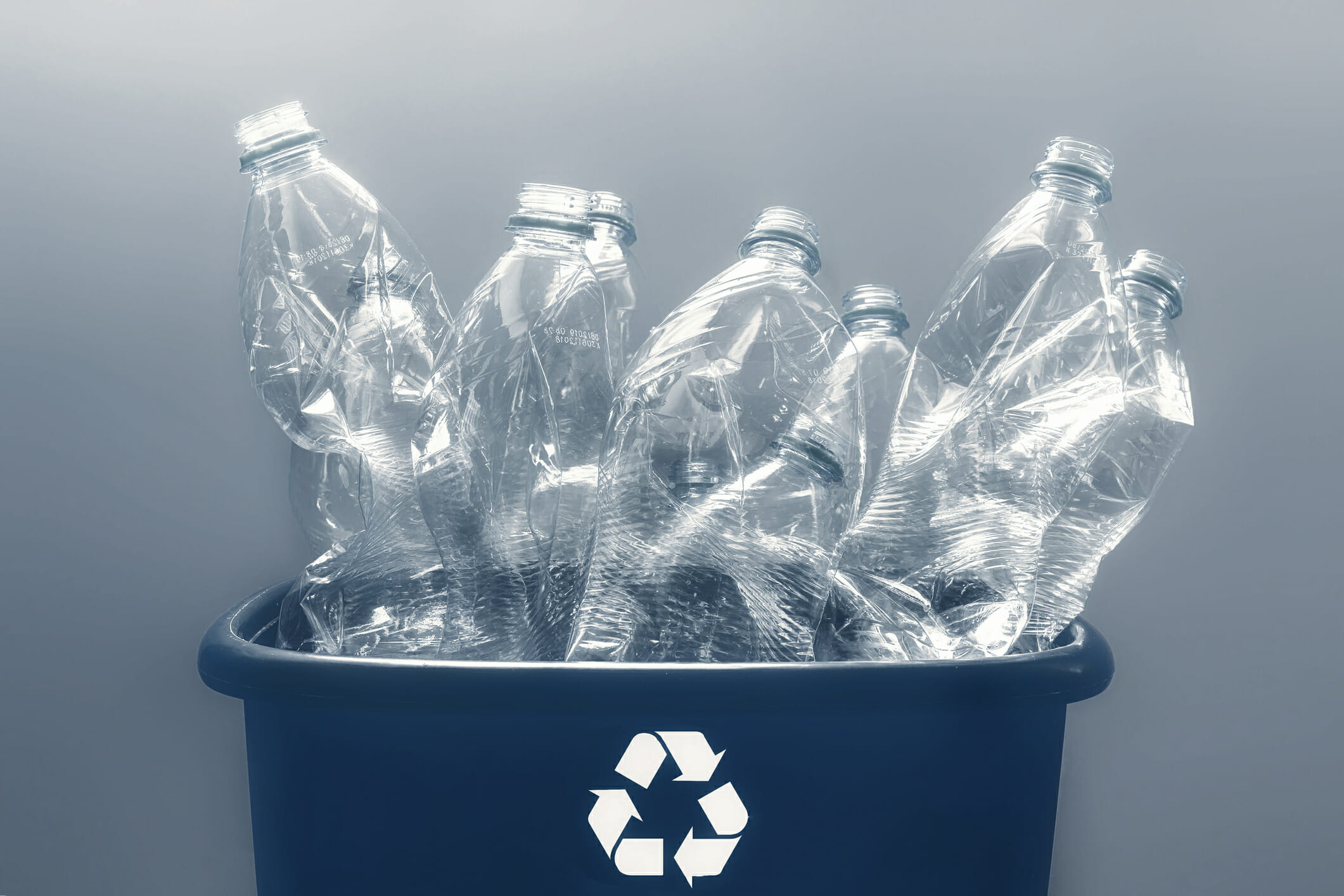
New Legislation Banning Single-Use Plastics
Liberal Democrat MP Alistair Carmichael has reintroduced the ‘Plastic Pollution Bill’ into parliament with cross party support and backing from environmental groups such as Keep Britain Tidy and Surfers Against Sewage. The bill seeks to expand on the current bans on single-use plastics to include more products. As well as this, the bill more broadly seeks to increase the targets around reducing the amount of plastic we use, and the amount of plastic waste we produce.
The legislation would bring in new 2025 targets that aim to ‘end non-essential single-use plastics’ as soon as 2025. Carmichael MP and those who support him argue that the current regulations do not go nearly far enough in tackling the problem of pollution arising from single-use plastics, and that products such as plates, cutlery and drinks containers need to be included.
The bill, if it were to pass, would include a statutory long-term target to ‘significantly cut plastic waste and pollution by 2042’. A target that would be achieved, they claim, by gradually phasing out all but the ‘most essential uses of plastic’. To track this progress as well as push it forward, an independent advisory committee, called the ‘Committee on Plastics Pollution’, would be established.
Alistair Carmichael MP has said, ‘we need firm action on plastic pollution now, well beyond what we are already doing on climate change. Plastic pollution has not gone away with the arrival of the pandemic and in some ways we have reversed progress – we have all seen the new scourge of disposable face masks around town. The pandemic may be with us for months more, but the damage done by plastic pollution and microplastics will be with us for decades, if not centuries.’
The executive director of the Food Packaging Association Martin Kersh has responded to Carmichael’s statement. He said, ‘it does seem strange Carmichael has chosen to refer to the littering of face masks as the reason for banning plastic plates while none of the statements in support of the Bill make any reference to the need to change littering behaviour by increasing fines and ensuring local authorities enforce them. The items featured do not constitute a significant proportion of plastic pollution and this is yet another proposal that avoids taking action on the two most littered items, cigarette ends and chewing gum, and on the individuals creating litter in the first place.’
Kersh continued, ‘The NHS stepped up its demand for plastic plates, wrapped cutlery and EPS containers during the pandemic. So clearly these items are deemed essential to them in serving food safely to patients. If banned, then the NHS will inevitably be paying more for these items as it copes with this and any future pandemic.’
At JBX, we are always welcoming of legislation that will help in our fight against plastic pollution. However, we also want to make sure that we are tackling the core issue, rather than dancing around the periphery. Single-use plastics bans need to address the worst offending items first but do so in a way that does not impede the NHS. As JBX and other likeminded manufacturers make plastic-free alternatives more readily available, ditching single-use plastics becomes a more realistic achievement. In the meantime, getting support from legislators to encourage a shift away from single-use plastics to more ethical and sustainable alternatives is a key part of the process. We welcome this Bill and the bans it proposes – we would even like to see more items added to it – but we do not want the aspect of what we use instead of plastic to be neglected. We need as much attention to be paid towards what the replacements will be, rather than just what we are replacing.
Share this article
Related articles for you
The Future of Packaging Is… Paper?
Single-Use Plastic Bans in the UK
The Role of Paper Straws in the Coronavirus Pandemic
Subscribe To Our Newsletter
To keep you up date to our new products and lates news
Free shipping on all orders over £200*
Subscribe To Our Newsletter
To keep you up date to our new products and lates news
Free shipping on all orders over £200*
Frequently Asked Questions
Our paper straws are made by stacking 3 plies of high-quality food grade kraft paper and putting them through a core-winding machine that applies an adhesive and rolls the straws into shape. They are then cut to size, coated in lacquer to ensure quality and are then ready to be sold.


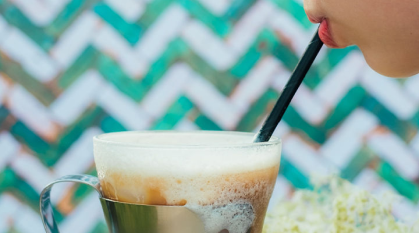
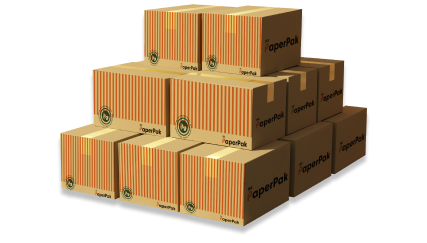
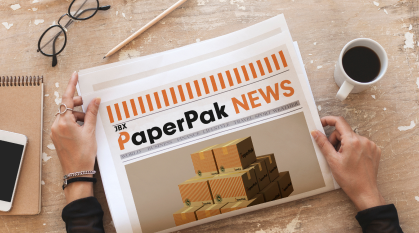
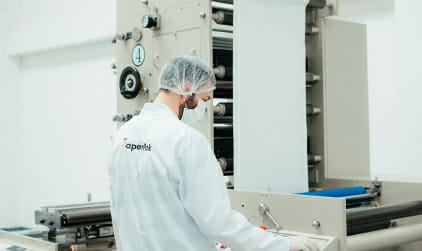
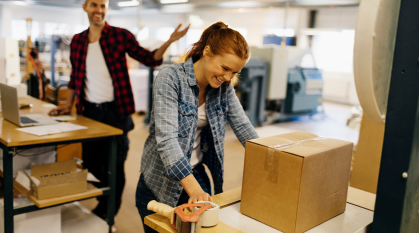
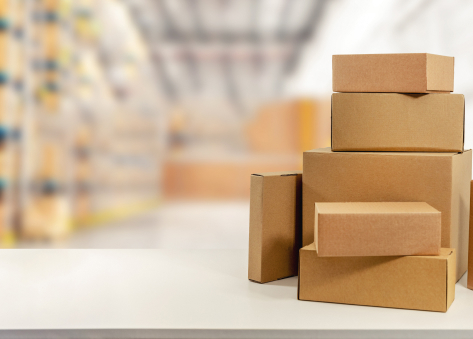
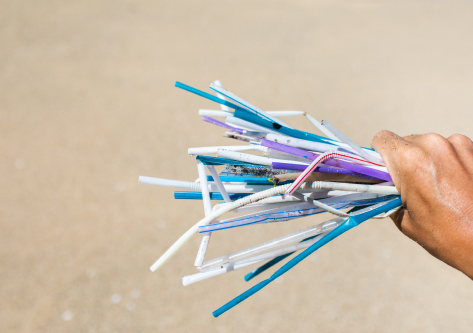
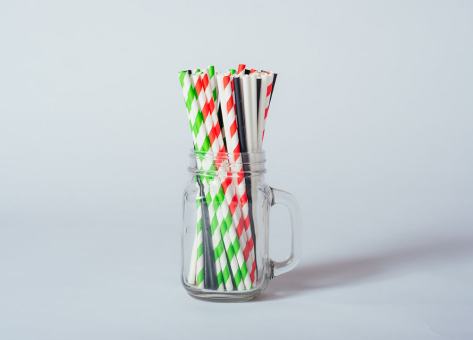

Get social